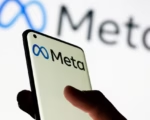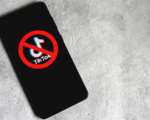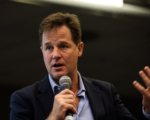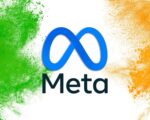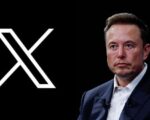Mark Zuckerberg Pursues Legal Shield from Lawsuits Alleging Responsibility for Children’s Instagram Dependency

Dismissal of Mark Zuckerberg as Individual Defendant in Lawsuit Would Not Affect Meta’s Allegations
Mark Zuckerberg finds himself at the center of a legal battle as he strives to distance himself from personal liability amidst a slew of lawsuits targeting Meta Platforms Inc. and other social media giants over allegations of fostering addiction among children. In a recent hearing in a California federal court, the CEO of Meta passionately argued his case, emphasizing the need to separate his personal culpability from the broader allegations against the company. While Zuckerberg awaits the judge’s ruling, the outcome could significantly shape the trajectory of the ongoing litigation, potentially setting a precedent for similar cases in the future.
The legal intricacies surrounding personal liability in corporate settings pose a formidable challenge to holding Zuckerberg accountable individually. Corporate law, steeped in a tradition of shielding executives from direct legal ramifications, particularly in large-scale enterprises where decision-making structures are often complex and multi-layered, adds a layer of complexity to the proceedings. Should the court rule in favor of Zuckerberg’s plea to dismiss him as a personal defendant, it could potentially insulate other CEOs facing similar litigious scenarios, setting a precedent that could ripple across the landscape of mass personal injury litigation.
Central to the allegations against Zuckerberg are claims from both young users and concerned parents, accusing him of disregarding repeated warnings regarding the safety risks posed by platforms like Instagram and Facebook to children. Despite purportedly being apprised of these concerns, Zuckerberg stands accused of opting to overlook pertinent findings and choosing not to disclose them publicly. The outcome of this legal saga will undoubtedly reverberate not only within the corridors of Meta but also across the broader tech industry, as it grapples with increasing scrutiny over its impact on society, particularly on vulnerable demographics like children and adolescents
The cases naming Zuckerberg are a small subset of a collection of more than 1,000 suits in state and federal courts by families and public school districts against Meta along with Alphabet Inc.’s Google, ByteDance Ltd.’s TikTok and Snap Inc. US District Judge Yvonne Gonzalez Rogers in Oakland, who is overseeing the federal cases, recently allowed some claims to proceed against the companies while dismissing others.
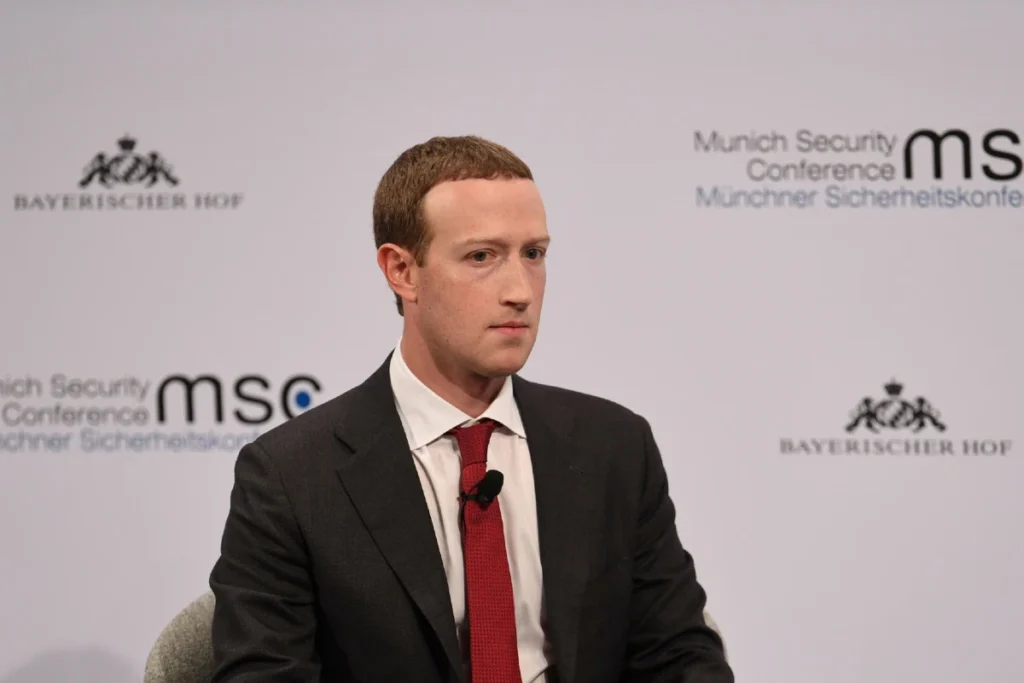
Zuckerberg, the world’s fourth-richest person, has argued that he can’t be held personally responsible for actions at Meta just because he’s the CEO. His lawyers also claim that Zuckerberg didn’t have a duty to disclose the safety findings that were allegedly reported to him.
Pinning blame on an executive for unlawful conduct typically hinges on showing their involvement in relevant day-to-day decisions or their knowledge of the practices at issue. It’s generally easier to assign executive liability at smaller companies, where an individual’s direct participation in decision-making can be clearer. At large companies, liability comes down to proving control over decision-making.
Social media companies have come under increased scrutiny for their impact on young people’s mental health and role in spreading sexually explicit content. At a Senate hearing last month, US Senator Josh Hawley, a Missouri Republican, pressed Zuckerberg on whether he should personally compensate victims of sexual exploitation online. Zuckerberg then offered a rare apology to the victims’ families.The case is In Re Social Media Adolescent Addiction/Personal Injury Products Liability Litigation, 22-md-03047, US District Court, Northern District of California (Oakland).






